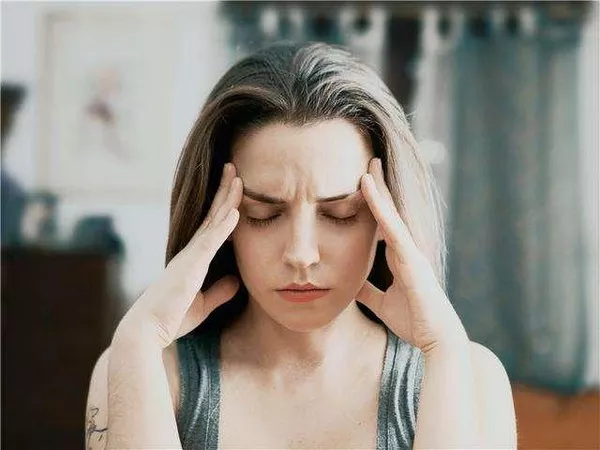A comprehensive longitudinal study from the University of Chicago’s Department of Psychology has uncovered troubling mental health trends among couples who met through dating apps compared to those who met through traditional means. The research, which followed 5,000 married couples for seven years, found that while dating apps have made it easier to find partners, they may be making it harder to maintain satisfying, mentally healthy marriages in the long term.
The study identified several concerning patterns among app-met couples. These couples reported 23% higher levels of “relationship uncertainty” – persistent doubts about whether they might have found a better match if they’d kept looking. They also showed greater susceptibility to what psychologists are calling “phantom partner syndrome” – the intrusive thought that an idealized alternative partner might exist just beyond reach in the digital ether. “The infinite scroll mentality doesn’t automatically turn off when people get married,” explains Dr. Jeremy Woo, the study’s lead author. “We’re seeing carryover effects where people approach marriage with a consumer mindset that’s fundamentally at odds with long-term commitment.”
Mental health consequences were significant. App-met couples were 37% more likely to report symptoms of anxiety related to their relationship and 28% more likely to experience episodes of depressive thinking about their marriage. These effects were most pronounced among heavy dating app users prior to marriage (defined as more than two years of active use or more than 100 matches). The research suggests that extensive exposure to the dating market may actually impair people’s ability to fully commit psychologically, even after they’ve legally committed through marriage.
Interestingly, the study found that certain dating apps produced different marital outcomes. Couples who met on apps emphasizing long-term compatibility (like eHarmony or Match) fared better than those who met on swipe-based apps (like Tinder or Bumble). The researchers hypothesize that different app designs cultivate different relational mindsets that persist into marriage.
Therapists are developing new interventions to help app-generation couples overcome these unique challenges. “We’re teaching ‘digital commitment skills’ – techniques to help couples mentally close the door on alternatives and fully invest in their chosen relationship,” says marriage counselor Dr. Rebecca Lin. Some strategies include deliberate gratitude practices, conscious limitation of social media exposure to potential alternatives, and exercises to reframe choice as something that happens before marriage rather than during it.
As dating apps become the dominant way couples meet, mental health professionals are calling for more research into how digital matchmaking affects long-term relationship health. Some experts suggest app developers should consider adding features that prepare users for the psychological transition from dating to committed relationships. In an era of endless options, the ability to choose not to choose may be becoming a critical marital skill.






















